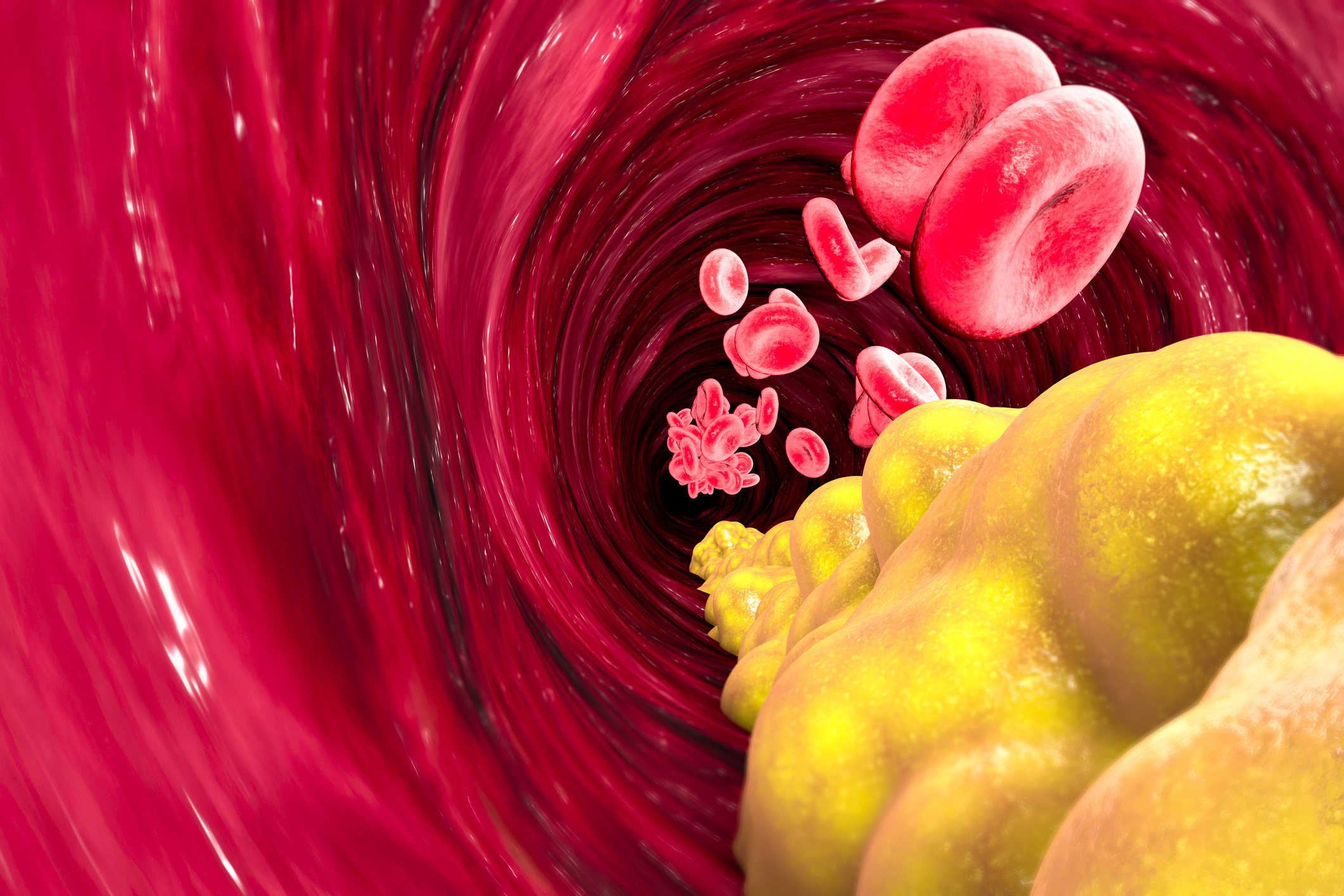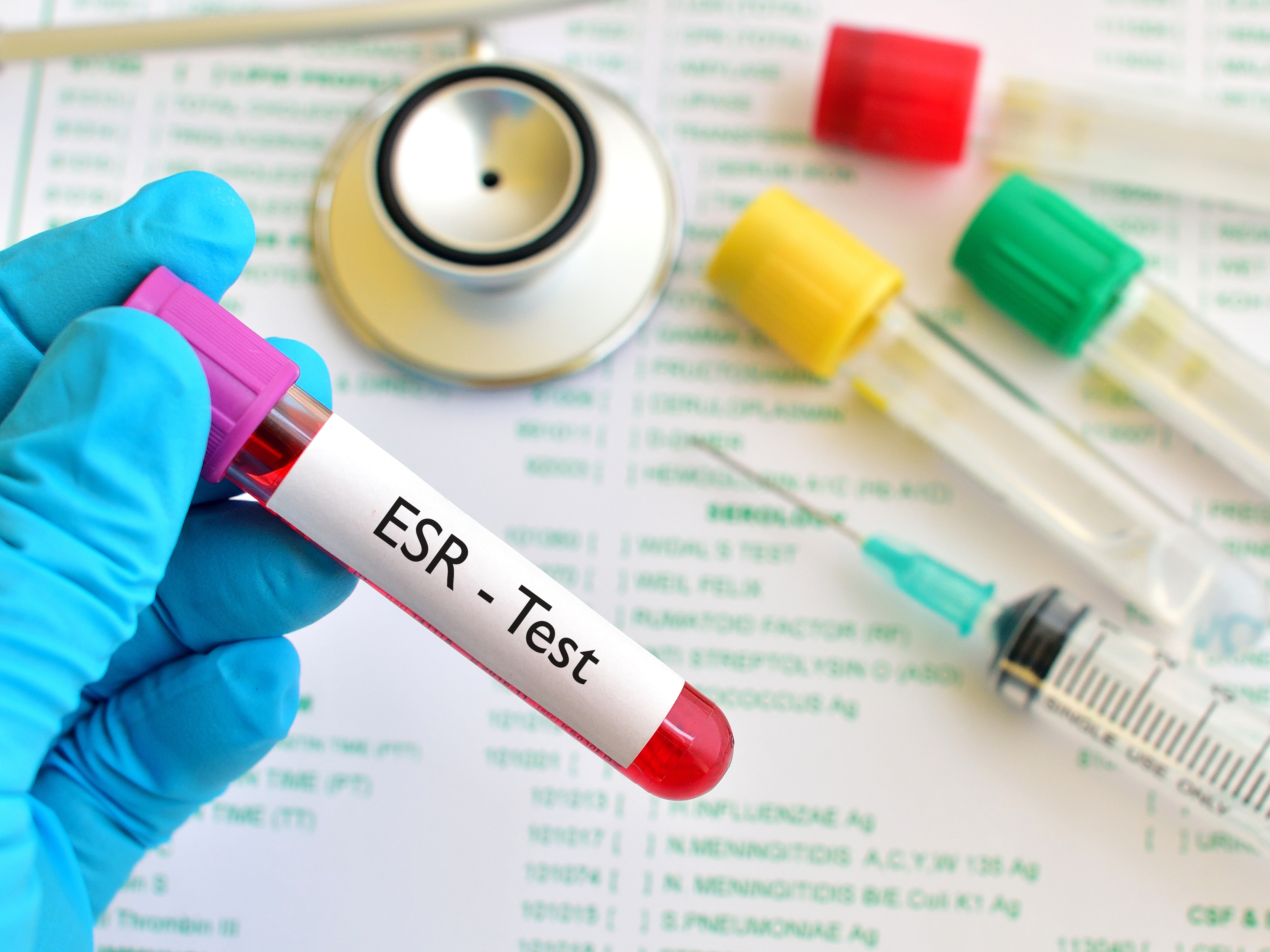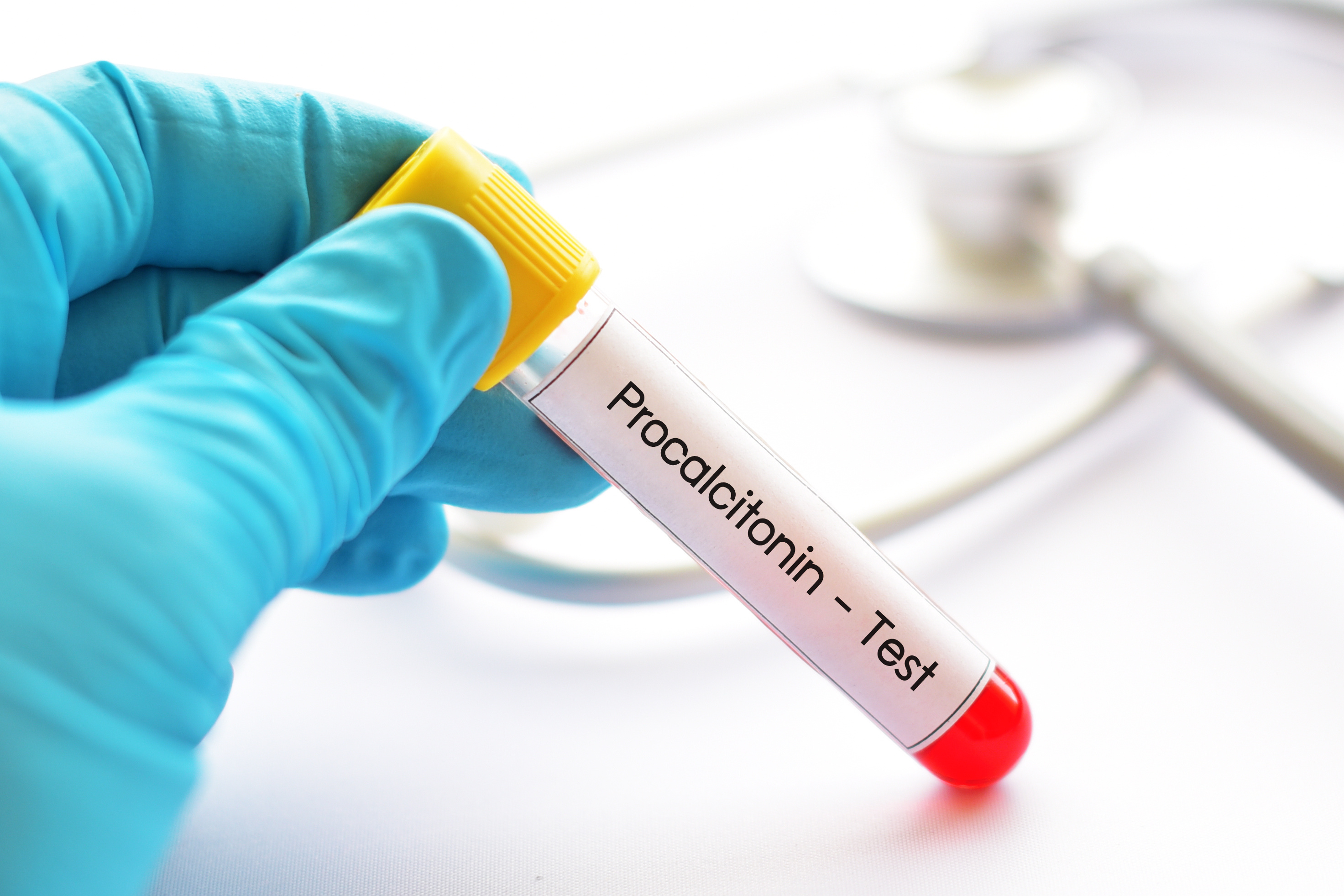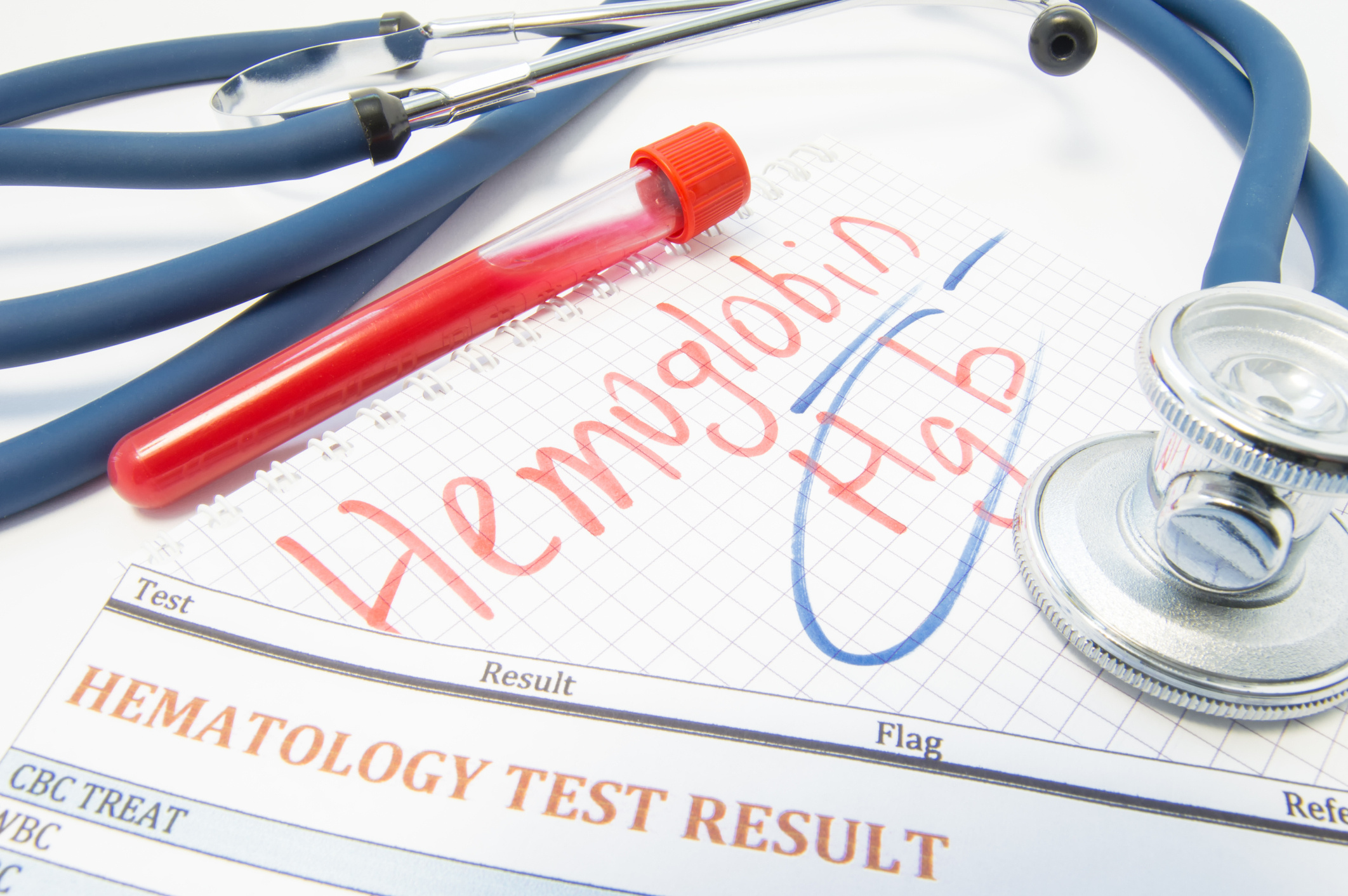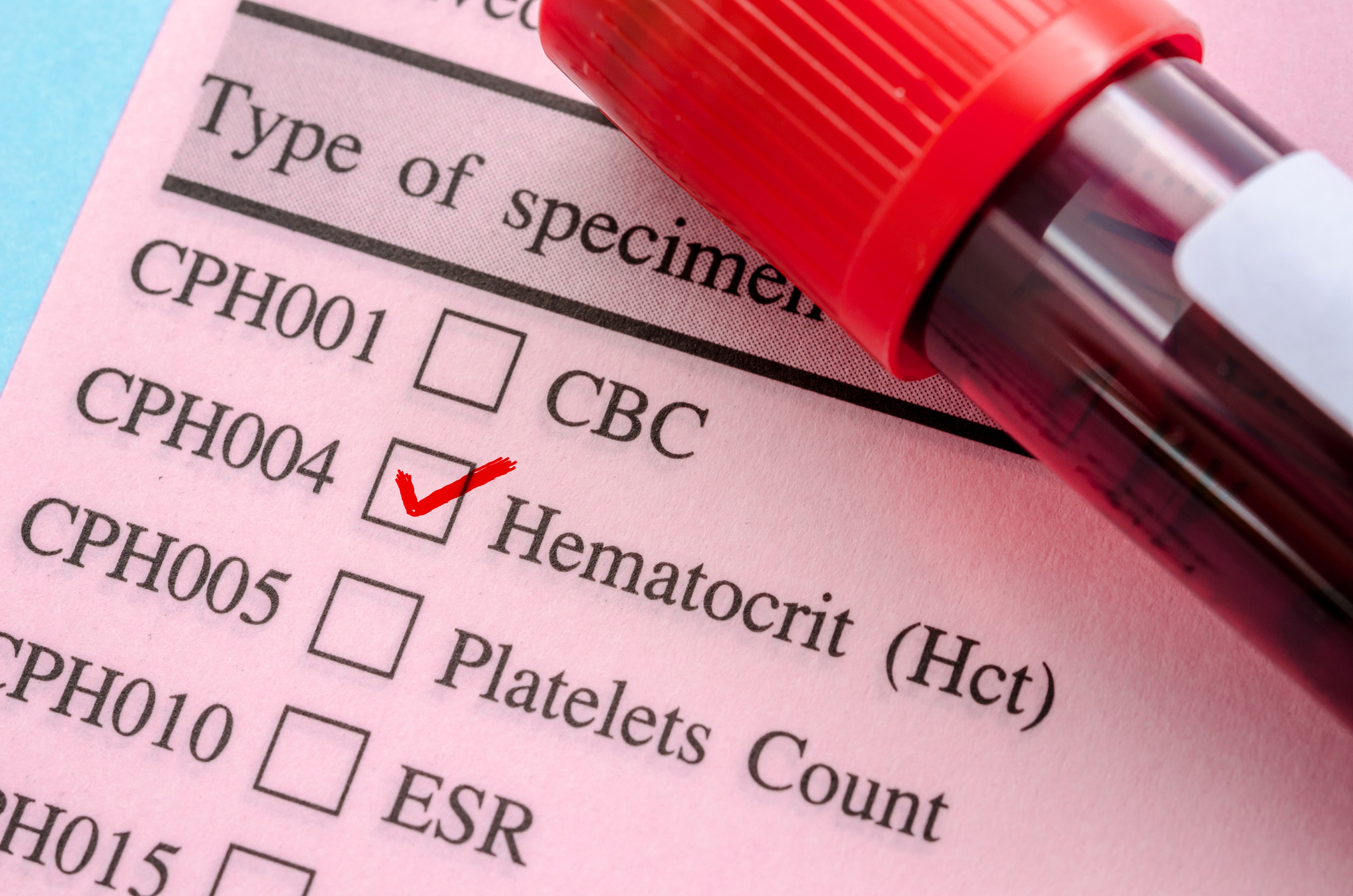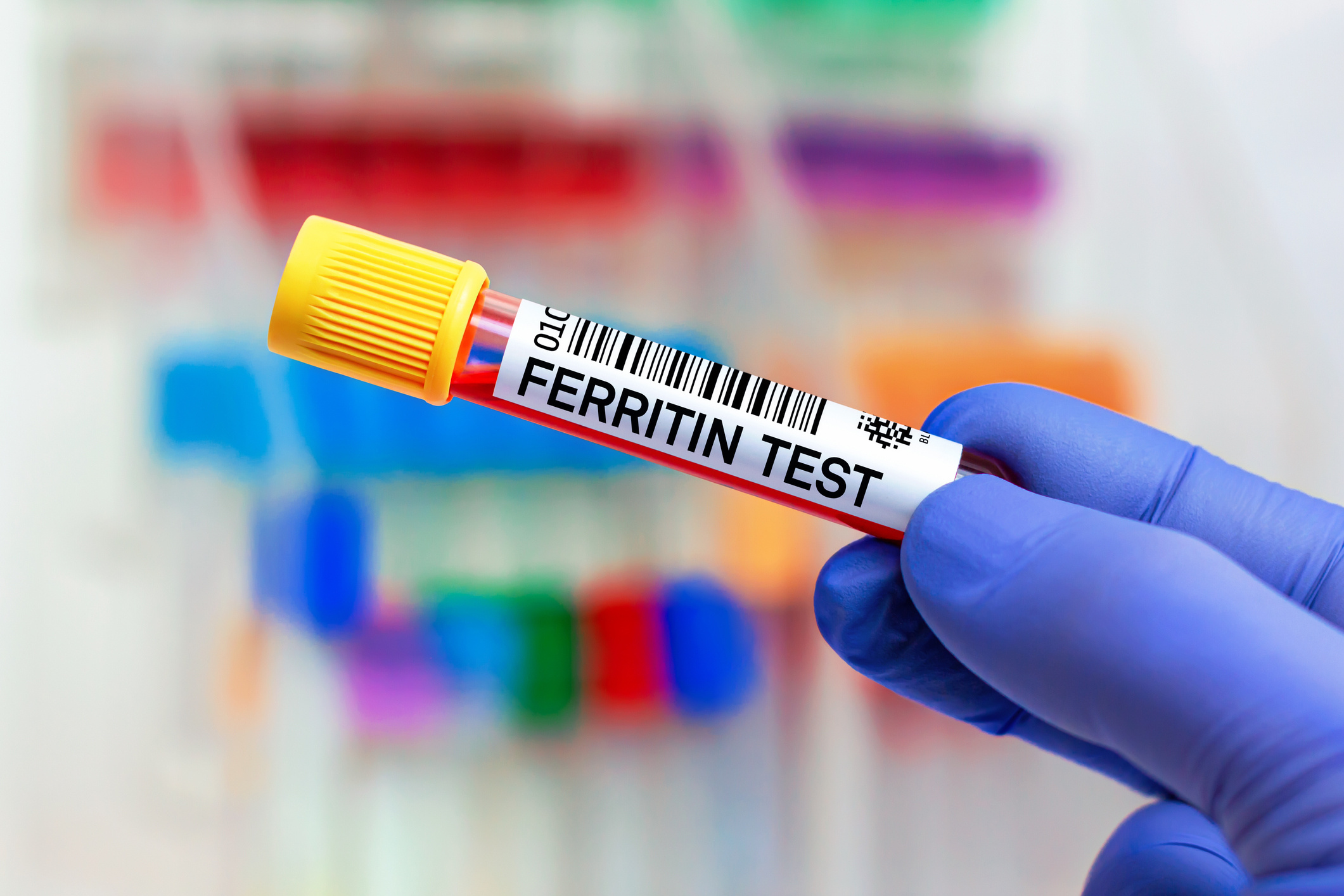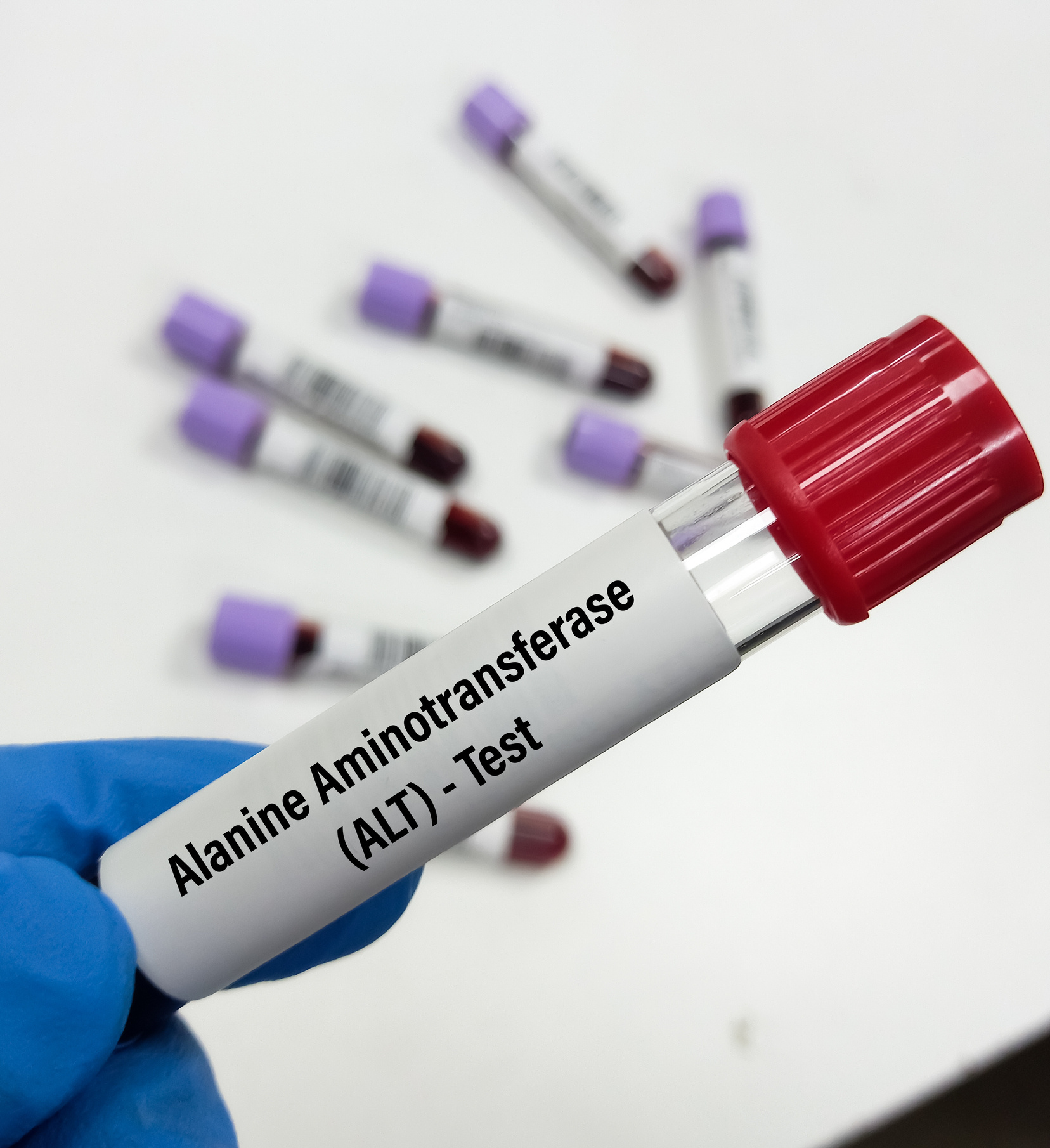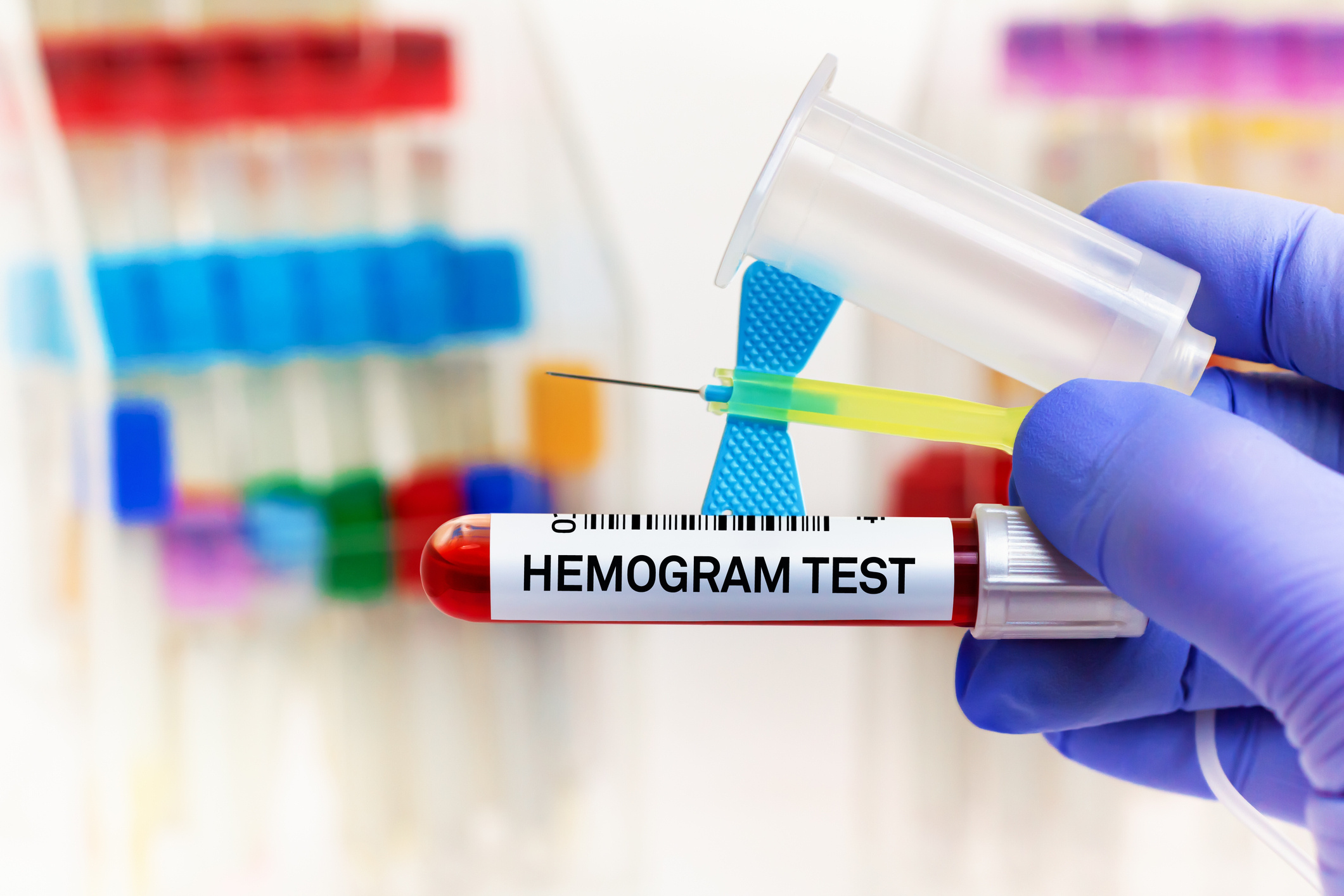Biochemistry Department
Biochemistry Department
Biochemistry Department
At the Biochemistry Department of Anadolu Medical Center, we offer services in the area of biochemistry, toxicology, hematology, coagulation, immunology, endocrinology, serology with our experienced staff including 3 medical doctors and 18 laboratory technicians as well as in the areas of molecular cytogenetics with private chemistry and business partnerships.
The most important priority of our laboratory is quality, and we follow the standards of the “Clinical Laboratory Standards Institute”; accuracy and reproducibility of the test results are checked via the internal quality control program, whereas international compliance of the results are checked via various national and international external quality control programs including, in particular, College of American Pathologists.
In our laboratory, in addition to routine tests performed in the diagnosis and treatment processes of various cancers, we perform special studies such as tumor markers for certain types of cancer, hereditary cancer genetic screening tests, and antibody response assays in immunotherapy with racotumomab.
1- Tumor Markers
Tumor markers are enzymes, proteins, antigens or hormones found in blood that used to screen, diagnose, classify, monitor the progress of cancer and to evaluate success of the treatment or to detect relapse.
Primary tumor markers are as follows:
PSA (Prostate-specific Antigen): It is used in the screening, diagnosis, staging of prostate cancer as well as in the monitoring of treatment.
CEA (Carcinoembryonic Antigen): It is used in the diagnosis and staging of gastric, intestinal and pancreatic cancers as well as in the monitoring of the treatment.
CA 15-3: It is used in the monitoring of the treatment in patients with metastatic breast cancer.
CA 125 and HE4 (Human Epididymis Protein): These are tumor markers related to ovarian and cervical cancers.
CA 19-9: These are tumor markers related to pancreatic and intestinal cancers.
CA 72-4: These are tumor markers related to gastric and intestinal cancers.
HCG (Chorionic Gonadotropin): It is used in the diagnosis and treatment of trophoblastic tumors and testicular tumors.
AFP (Alpha-fetoprotein): It is used in the diagnosis and treatment of liver cancer and testicular tumors.
Calcitonin: It is used in the diagnosis of medullary thyroid cancer.
NMP-22 (Nuclear Matrix protein): It is used in the diagnosis of bladder cancer.
As described above, the only tumor marker to be used in cancer screening today is PSA. Other tumor markers are rather used to give clues about the diagnosis and monitoring of the disease, evaluation of the success of treatment and detection of relapse if any, and help the doctor in his/her decision-making process.
The most important issue to keep in mind in relation to tumor markers is that some of them may be elevated due to reasons other than cancer, in other words, most of them are not specific to cancer. Therefore, patients should not panic against results outside the specified normal range, particularly when results are slightly beyond the normal range. This elevation may completely result from a healthy situation. Doctors always evaluate tumor marker results not in their own right, but as a whole along with their own examination findings and other examinations such as imaging.
Another point to consider in relation to tumor markers is that these tests will be required at certain intervals in order to monitor the disease. In order for the new results to be comparable to the results of previous tests and for the doctors to evaluate increases and decreases confidently, these tests should, to the extent possible, be performed at the same laboratory.
2- Hereditary Cancer Genetic Screening
It is recognized that cancer has a genetic origin, i.e. it results from some changes in the genes. These genetic changes are most of the time acquired, i.e. some changes occur in the genetic structure of a person throughout his/her life. Only a small part of these are hereditary. In other words, a person takes genes from his/her family which make him/her more sensitive against cancer. As a result, whether acquired or hereditary, these changes in the genetic structure of a person disrupt the relevant mechanisms with proliferation, differentiation of cells and cell death, and cancer occurs with uncontrolled proliferation of cells.
It is argued that hereditary cancer syndromes constitute 5 to 10 percent of diagnosed cancer cases. These syndromes stem from mutations in certain genes, and may cause development of cancer in certain organs like the breast, colon, thyroid gland, skin and kidney.
With the Hereditary Cancer Genetic Screening Program, APC, ATM, BMPR1A, BRCA1, BRCA2, BRIP1, CDH1, CDK4, CDKN2A, CHEK2, EPCAM, MEN1, MET, MLH1, MSH2, MSH6, MUTYH, NBN, PAL genes are screened in blood and it is detected whether the person carries mutations which may be related to cancer or not. Again with the BRCA1 and BRCA2 Mutation Analysis test studied in blood, patients who specifically have breast and ovarian cancer in their families are evaluated for risk.
Who should undergo hereditary cancer genetic screening test?
- Persons with first degree relatives diagnosed with cancer,
- Persons with two or more relatives diagnosed with cancer,
- Persons with a relative younger than 50 diagnosed with cancer,
- Persons with several family members diagnosed with the same type of cancer,
- Persons with a family member diagnosed with more than one type of cancer,
- Persons with one or several family members with a rare type of cancer.
Genetic screening tests are never recommended to be performed with a person’s own request. These tests should be discussed with an oncologist or medical genetic specialist, and test requests should be made after a detailed review of the family history by a doctor, and the patient should be informed about what can be done with the tests and test results.
3- Antibody Assay for Monitoring Immunotherapy
Immunotherapy is one of the recent developments in cancer treatment. Racotumomab is one of these therapies which has different types and essentially aims to use the person's own immune system for therapeutic purposes. Racotumomab is an antibody vaccine which has been developed to react to N-Glycol GM3 Ganglioside (NGcGM3), an antigen found in the surface of the lung cancer cell. Racotumomab IgM and Racotumomab IgG tests are used at our laboratory to evaluate therapeutic success in patients to whom this vaccine has been administered.
Biochemistry Department
Assoc. Prof. Serkan Tapan
Biochemistry Department
MD. İnci Küçükercan

We listen to your opinions and suggestions to further enhance our service quality.
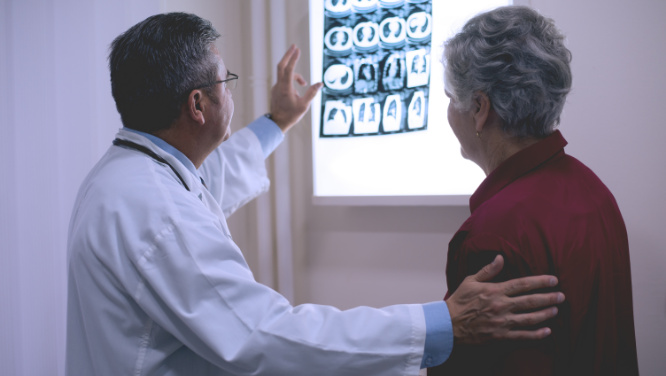
You can fill out the form to get a second doctor's opinion on the results of your tests, the diagnosis of your illness, and the treatment options we offer you.

You can receive the healthcare services you need at your home. Please fill out the form for home healthcare services.
Featured Articles
- 6 Nutrition Tips for Those Who Fast
- What is Disease X (Virus X)?
- How Does Cancer Form?
- What is an Ovarian Cyst?
- What is Cervical Cancer?
- What Are the Symptoms and Treatment Methods of Testicular Cancer?
- Symptoms, Diagnosis, and Treatment Process of Bladder Cancer
- Liver Cancer
- What is Stomach Cancer? What are Its Symptoms and Treatment?
- Thyroid: What is it, Symptoms, Diagnosis, and Treatment






